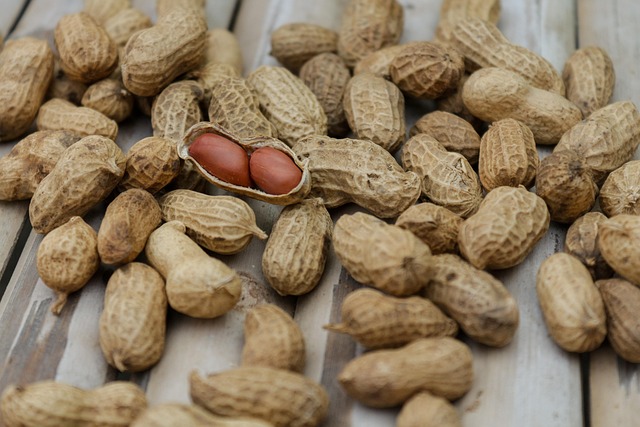In today’s fast-paced world, the quest for a healthy lifestyle often feels overwhelming. Many of us are bombarded with various diet trends and nutritional advice, making it difficult to navigate the right path. Among these trends, a high protein diet stands out as an effective way to enhance both your physical well-being and nutritional intake. But what exactly makes this approach beneficial?
A high protein diet incorporates foods that are abundant in protein, such as lean meats, dairy products, eggs, legumes, and nuts. One of the primary benefits of adopting this dietary strategy is that protein plays a crucial role in building and repairing tissues. Whether you’re an athlete aiming to enhance muscle recovery or simply someone looking to maintain strength as you age, ensuring a sufficient protein intake is essential.
Moreover, a high protein diet contributes significantly to weight management. Protein-rich foods are known to promote feelings of fullness, which can help curb unnecessary snacking and reduce overall calorie consumption. This natural appetite control is vital for anyone striving to maintain a healthy weight or shed extra pounds. Instead of counting every calorie, focusing on the quality of your nutrition and prioritizing protein can streamline your weight loss journey.
Beyond weight management, a high protein diet can have a positive effect on your metabolic rate. Diet-induced thermogenesis — the process of burning calories during digestion — increases as you consume more protein. This means that not only are you nourishing your body, but you’re also boosting its ability to burn calories more efficiently, which is a win-win scenario for those seeking to enhance their metabolism.
Another appealing aspect of a high protein diet is its versatility. You can easily incorporate protein-rich foods into a variety of meals and snacks, ensuring that you never feel deprived or bored. From a wholesome breakfast of scrambled eggs and spinach to a satisfying lunch of grilled chicken salad, the options are plentiful and delicious. Transitioning to a diet rich in protein can also encourage more home-cooked meals, allowing you to take control of your nutrition and avoid processed alternatives laden with unhealthy additives.
Furthermore, protein is not just about physical benefits; it can also enhance your overall well-being. Eating a balanced, high protein diet can improve your mood and energy levels, reducing the likelihood of emotional eating or cravings for high-sugar snacks. When you nourish your body adequately, you’re more likely to feel energized and ready to tackle your day-to-day activities, which is fundamental in leading a fulfilling and active lifestyle.
Incorporating a high protein diet aligns seamlessly with the principles of healthy nutrition. It encourages a focus on whole, nutrient-dense foods that nourish the body, fostering not only physical health but also mental clarity and emotional stability. It’s important to strike a balance — while protein is essential, ensuring a well-rounded diet with healthy fats and carbohydrates will provide your body with the complete nutrition it needs.
So, if you’re looking to unlock the benefits of a high protein diet, start by prioritizing protein sources in your meals and paying attention to your body’s responses. Your journey toward a healthier lifestyle and improved nutrition starts here, and with every protein-packed meal, you’re one step closer to achieving your wellness goals.


